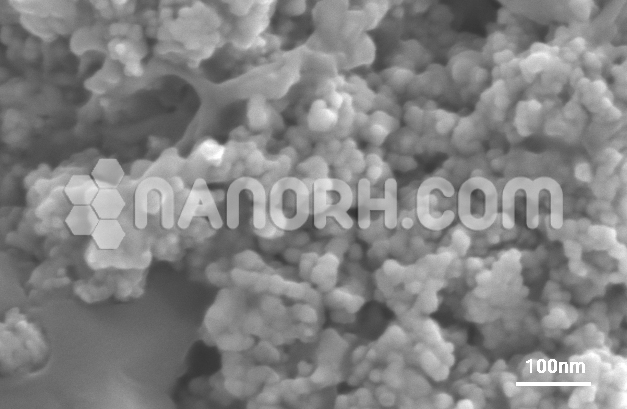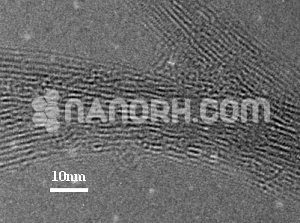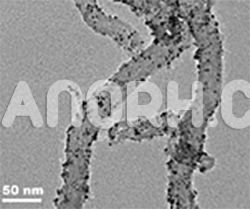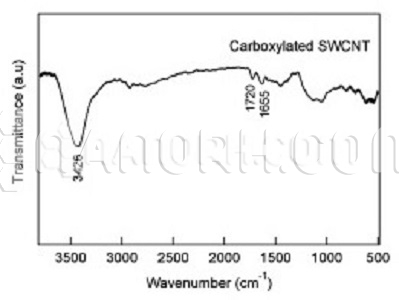| Iron Carbon Nanotubes | |
| Product No | NRE-37015 |
| CAS No. | NA |
| Purity | 97% |
| Average Diameter | >55 nm |
| Average Length | 10-30umm (TEM) |
| Special Surface Area(SSA) | 60 m2/g (BET) |
| Tap Density | 0.12 g/cm3 |
| True Density | 2.1 g/cm3 |
| Electric Conductivity | > 100 S/cm |
Iron Carbon Nanotubes
Iron Carbon Nanotubes (Fe-CNTs) are a type of carbon nanotube that have been functionalized or doped with iron (Fe) nanoparticles or iron-containing molecules. These hybrid structures combine the remarkable properties of carbon nanotubes (CNTs) with the magnetic and catalytic properties of iron. Iron is incorporated into the CNT structure to enhance the material’s performance in various applications, particularly in areas where magnetism, catalytic activity, and improved mechanical properties are desired.
Applications:
Catalysis:
Catalyst Support: Fe-CNTs are widely used in catalytic applications due to the magnetic and catalytic properties of iron. The iron nanoparticles dispersed on the CNTs act as efficient catalysts in reactions like hydrogenation, oxidation, and CO2 reduction. This is useful in various chemical processes, including the production of fuels and fine chemicals.
Fischer-Tropsch Synthesis: Fe-CNTs have been explored as catalysts for the Fischer-Tropsch synthesis process, which converts carbon monoxide and hydrogen into liquid hydrocarbons (fuels and chemicals).
Magnetic Applications:
Magnetic Nanoparticles: The iron component imparts magnetic properties to Fe-CNTs, making them useful in applications such as magnetic separation, magnetic resonance imaging (MRI), and as a contrast agent in medical imaging.
Data Storage: Due to their magnetic properties, Fe-CNTs can be used in data storage devices, where their ability to respond to magnetic fields allows for high-density data storage.
Energy Storage and Conversion:
Supercapacitors: Fe-CNTs are used in the fabrication of supercapacitors, which store electrical energy. The combination of the high surface area of CNTs and the conductivity of iron allows for improved charge storage and faster energy release, enhancing the performance of energy storage devices.
Battery Electrode Materials: Fe-CNTs are also being explored for use in battery electrodes, particularly for lithium-ion or sodium-ion batteries, where their conductive properties and catalytic activity can improve the efficiency and longevity of batteries.
Environmental Remediation:
Water Treatment: Fe-CNTs are effective for water purification applications, especially for removing heavy metals and organic pollutants.




